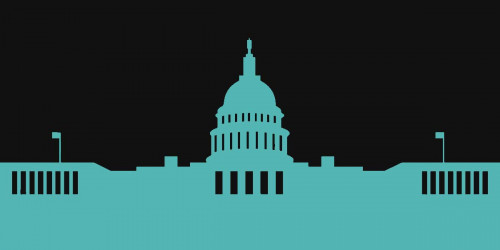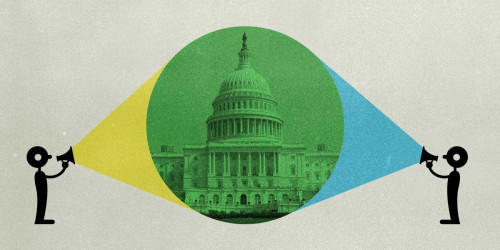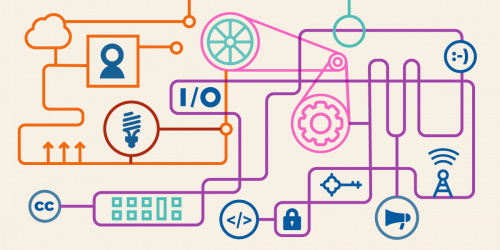The NSA has used Section 702 of the FISA Amendments Act to justify collecting and storing millions of Americans’ online communications. Now, the House of Representatives has a chance to pull the plug on funding for Section 702 unless the government agrees to limit the reach of that program.
The House of Representatives must vote yes in order to make this important corrective. Amendment #24 offered by Representatives Lofgren (CA) and Amash (MI) would make sure that no money in next year’s budget would fund the warrantless surveillance of people residing in the United States. Specifically, their amendment would withhold money [PDF] intended to fund Section 702 unless the government commits not to knowingly collect the data of people communicating from within the U.S. to other U.S. residents, and who are not specifically communicating with a foreign surveillance target.
Section 702 allows the government to collect and store the communications of foreign intelligence targets outside of the U.S if a significant purpose is to collect “foreign intelligence” information. Although the law contains some protections—for example, a prohibition on knowingly collecting communications between two U.S. citizens on U.S. soil—we have learned that the program actually does sweep up billions of communications involving people not explicitly targeted, including Americans. For example, a 2014 report by the Washington Post that reviewed of a “large cache of intercepted conversations” provided by Edward Snowden revealed that 9 out of 10 account holders “were not the intended surveillance targets but were caught in a net the agency had cast for somebody else.”
The Lofgren-Amash amendment would require the government to acknowledge the protections in the law and to explicitly promise not to engage in “about collection,” the practice of collecting communications that merely mention a foreign intelligence target. About collection has been one of the most controversial aspects of Section 702 surveillance, and although the government ended this practice in 2017, it has consisted claimed the right to restart it.
With a big fight looming later this year on whether Congress should renew another controversial national security law, Section 215 of the Patriot Act, we encourage the House of Representatives to vote Yes on the Lofgren-Amash Amendment to take a step toward reining in Section 702.












